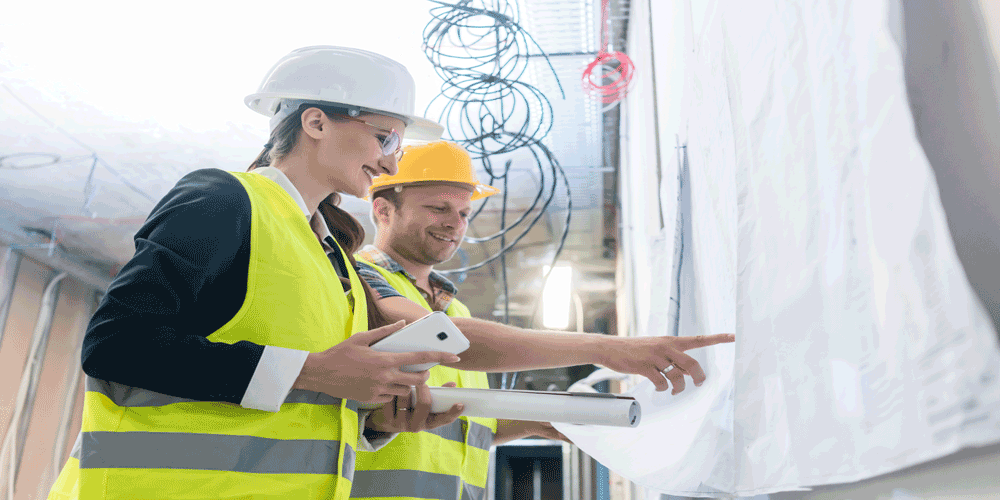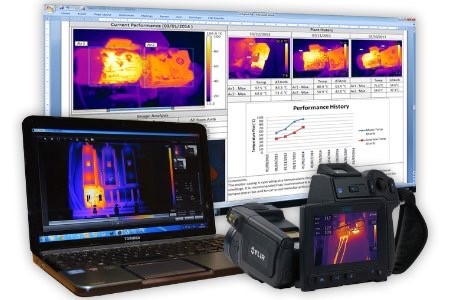
Preparing for Sound Insulation Testing
The best way to prepare for a sound insulation test is to ensure that you prepare all the essential details of soundproofing your building for the sound test visit.
This includes:
- Checking there are no holes or gaps, such as service penetrations present around the dwelling allowing sound to escape through party walls and/or floors.
- Ensuring the party walls are correctly sound insulated inline with the acoustic design.
- Check the party ceiling/floor has also should have some form of sound insulation.
- Ensure there are not too many sockets or fuses sitting back to back in the room and the faceplates are fully installed.
- Check all internal/external doors and windows are fully installed.
- Ensure 240v power is on throughout the project.
- Check no noisy construction works are taking place at the time of the test.
- Ensure operatives are not working in the vicinity of the testing.

Airborne and Impact Sound Testing
When we undertake sound testing, we usually carry out two forms of testing, both airborne and impact. Both of these types of noise require a different procedure and accounts for different type of noise. Airborne sound requires needs the room to be kept as well sealed as tightly as possible so as to not allow sounds to escape the room. The sound associated with airborne noise are TV and music from Sound Systems etc. Impact noise refers to sound from footsteps, or any kind of impact such as the dropping of a rubber ball, or moving a piece of furniture such as a chair on a wooden floor.
Airborne sound testing usually needs to be carried out between pairs of rooms separated by party walls and/or floors. Most sound tests are carried out between living rooms and bedrooms as these are classed as the two main habitable rooms; however, other rooms can be used if this is not possible such as studies, kitchens and dining rooms. Impact sound testing usually needs to be carried out between floors only.
How long does the sound test take?
The amount of time its takes to complete the sound testing varies on each project as no development is exactly the same; however, as a rule of thumb a set of 2 airborne wall tests on pair of semi-detached houses will take approx. 1-2 hours. A six pack of tests on a block of flats, will usually consist of a minimum of 6 sound tests (2 airborne wall, 2 airborne floor and 2 impact floor tests) this will usually take approx. 2-3 hours. The aforementioned test durations are dependent on our engineers having full free uninterrupted access between all the units/rooms under investigation, along with 240v power to each unit.
Contact us now for acoustic advice and sound testing
If you need help with your party wall and/or floor design we can help. We can undertake a full acoustic design for blocks of flats, or terraced dwellings and thereafter undertake sound insulation testing for compliance with Part E of Building Regulations.
For more information please contact APT Sound Testing on on 01525 303905 or email us at info@airpressuretesting.net. Alternatively please visit our website at www.aptsoundtesting.co.uk